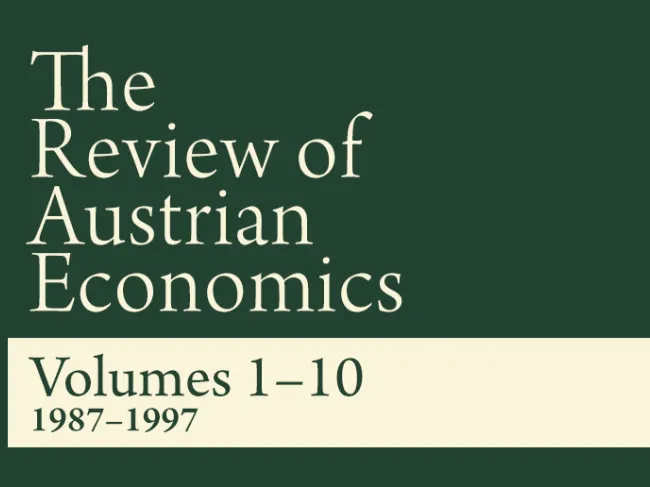From The Review of Austrian Economics Vol. 4 (1990): 26–54.
For the most part Ludwig von Mises’s writings on society and social evolution have been ignored by the participants in the current revivals of both Austrian economics and classical liberal political philosophy. When his social theory has been addressed, Mises appears to his critics (Barry 1987, p. 59) as “a child of the Enlightenment wrongly deposited in the twentieth century.” But this assessment is inaccurate for two reasons. First, Mises severely criticizes the social meliorism of the Enlightenment liberals and demonstrates that their position is inconsistent with one that assigns the central position to human reason in social evolution. Second, in developing his own uniquely rationalist position, Mises has much to say about matters of central importance to modern Austrians, libertarians, and classical liberals who are either critics or adherents of the “spontaneous order” and/or social evolutionist positions staked out by Hayek.
I limit myself here to a systematic exposition of Mises’s thinking about society and social evolution. I make no attempt to critically analyze Mises’s thought or to explicitly compare it to that of other social thinkers. However, I do employ certain well-known positions of Hayek’s work as a foil to facilitate the elaboration of Mises’s arguments and to demonstrate their contemporary relevance.


